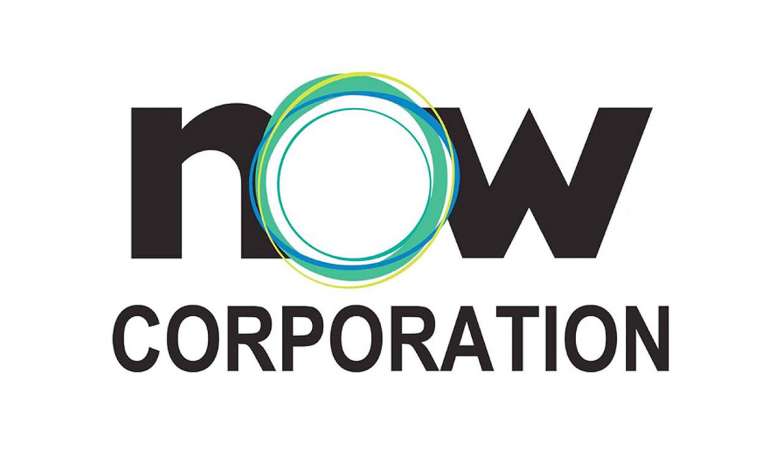NOW Corp has signed a MoU with Mangata Networks to provide broadband satellite and edge computing solutions to enterprises in the Philippines, although actual services will have to wait until Mangata launches its satellites a few years from now.
Mangata – which was created by former OneWeb CEO Brian Holz in early 2020 – is planning to build a constellation of eight HEO (highly elliptical orbit) and 24 MEO (medium Earth orbit) satellites capable of providing connection speeds of more than 10 Gbps to a single site.
The satellites will be combined with a terrestrial network of edge data centres, enabling Mangata to provide seamless connectivity and intelligent cloud computing services worldwide.
Mangata also says the relatively low HEO and MEO orbits enable it to support real-time connectivity in remote locations with round-trip latencies of less than 100ms.
NOW Corp says it’s collaborating with Mangata to respond to increasing demand from Philippines enterprises for robust, high-capacity, low-latency connectivity with reliable SLAs. Mangata’s SLA guarantees excellent service quality and 99.5% network availability.
“Currently, we focus on the enterprise market and Mangata’s solution matches the sophisticated demands of the market when it comes to having reliable satellite connectivity,” said NOW Corp president and CEO Henry Andrews Abes.
Abes also said that the partnership aligns with NOW’s grant from the USTDA to develop digital infrastructure and expand access to reliable connectivity across the Philippines.
Mangata chief commercial officer Jerome Hewlett added, “Enterprises want guaranteed information rates, with flexible data services, and no data caps. Combining satellite capacity with cloud-based services enables secure private networks and gives more control to the Philippines government and enterprise businesses to control the costs and security of their digital infrastructure.”
That said, Mangata is still several years away from launching services. Its spectrum and orbits have been approved by the International Telecommunications Union (ITU), but the company currently plans to launch services in 2026.
Source: Developing Telecoms


